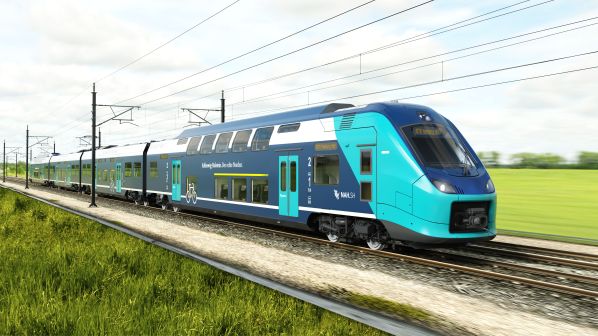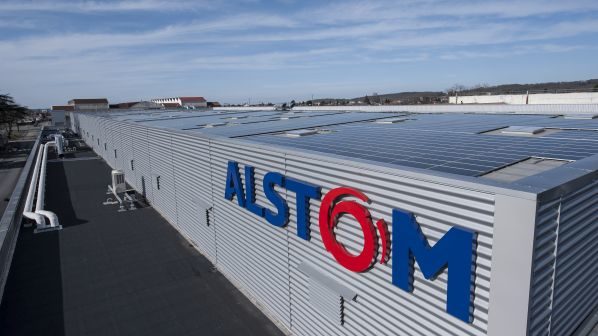ALSTOM’s latest results reveal a rise in orders to €5.45bn in Q3 2023-24, up from €5.15bn the year before, with the Services, Signalling and Systems business accounting for 84% of total order intake. Sales in Q3 2023-24 rose by around 3% to €4.33bn, up from €4.22bn the year before.
Alstom reports that it continues to deliver its objective of ramping up production, having produced 3415 cars in the first nine months of 2023-24, compared with 2998 in 2022-23.
The company also provided an update on the implementation of its action plan to maintain the company’s investment-grade rating and achieve its mid-term financial targets.
The plan was announced in November to address the negative free cash flow of €1.12bn that Alstom had reported in its half-year results for 2023-24.
During Q3 2023-24, Alstom says that it worked to deliver the five-point operational, commercial and cost-efficiency plan to accelerate the third phase of integrating Bombardier Transportation. The company says the quality of the order intake in Q3 2023-24 “provides comfort” that the backlog margin will continue to grow at 0.5% per year over the next three years as set out in the five-plan point.
Plans to reduce overhead costs by cutting up to 1500 jobs have been announced to employee representatives, Alstom reports. They are expected to be finalised in terms of size, cost and the timescale for implementation and launched by the end of 2023-24.
The overhead reduction plan aims to reduce selling, general and administrative expenses (SG&A) by around one percentage point of sales by March 2026.
The job cuts are likely to fall most heavily at the former Bombardier plant in Derby, Britain, where Alstom is consulting on cutting up to 1300 posts.
The plant employs 3000 people and supports 15,000 jobs in the wider supply chain, but has no confirmed workload beyond the first quarter of this year. No major rolling stock orders are forthcoming in its home market where the British government has cancelled Phase 2 of the HS2 high-speed project.
Alstom’s UK and Ireland managing director, Mr Nick Crossfield, told MPs sitting on the Commons Transport Committee of the British Parliament last month that this uncertainty was already hitting the supply chain.
“My paint supplier is going into insolvency,” he said. According to Crossfield, a major embedded supplier of wiring looming that employs 700 people at Derby had informed its workforce that there would be no more work beyond the end of this month.
Maintaining investment grade
Alstom says that its board is committed to maintaining a solid and sustainable investment-grade rating, and has decided to reinforce the group’s balance sheet by aiming to reduce net debt by €2bn before March 2025.
Asset disposals are progressing, enabling Alstom to confirm that proceeds will be in the expected range of €500m to €1bn. The company says that “equity-like instruments” are also being prepared, while the feasibility and size of a potential capital increase, with pre-emptive rights for Alstom shareholders, is being now being considered in parallel.
Not taken into account in the €2bn debt reduction plan is Alstom’s sale of its stake in Russian rolling stock manufacturer TMH, which was completed earlier this month for €75m.
This will result in in a non-cash loss of €127m for Alstom, due to the recognition of a €202m currency translation adjustment accounted for directly in equity since the acquisition of the TMH stake.
“Alstom delivered strong levels of order intake during the third quarter, on the back of positive market momentum in Services and Systems,” says Alstom chairman and CEO, Mr Henri Poupart-Lafarge.
“We are relentlessly focused on the operational action plan to generate cash in the second half of the year, notably through improved production and working capital efficiency,” he says.
“Confident in the resilience of our business model, we confirm our short and mid-term targets.”
For detailed data on rolling stock orders around the world, subscribe to IRJ Pro.




